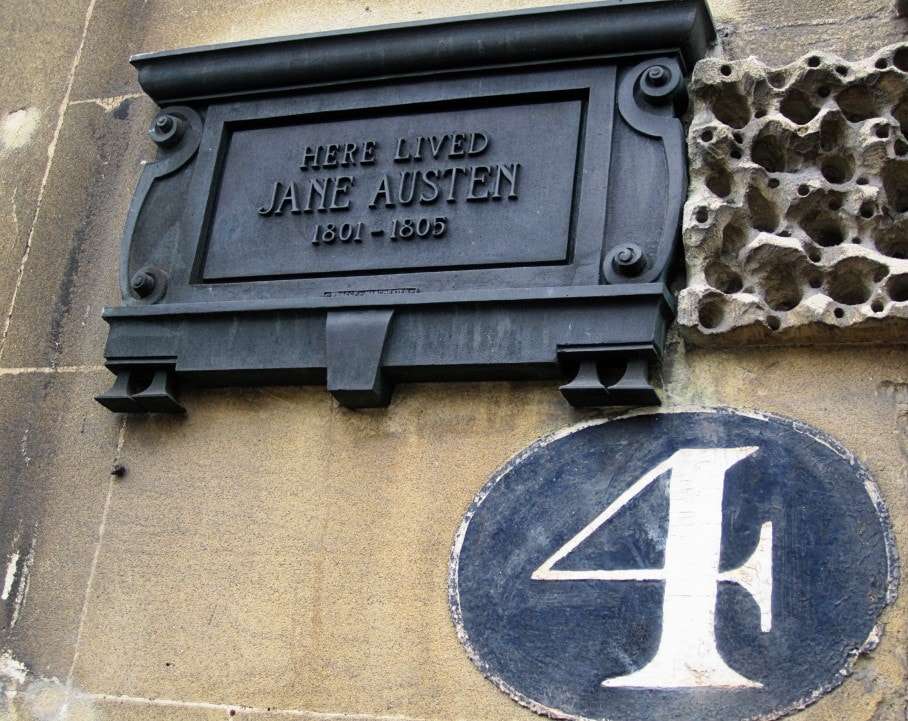The Volokh Conspiracy
Mostly law professors | Sometimes contrarian | Often libertarian | Always independent
"Pride and Prejudice" gets its first U.S. Supreme Court citation

It's in Justice Scalia's opinion this morning in Whitfield v. United States, and the opinion uses "Pride and Prejudice" much as linguists sometimes do: to offer an example of common English usage (not that recent, to be sure, but likely influential even today - or, more relevant, 1934 - given the book's place in the literary canon):
In 1934 [when the relevant statute was enacted -EV], just as today, to "accompany" someone meant to "go with" him. See Oxford English Dictionary 60 (1st ed. 1933) (defining "accompany" as: "To go in company with, to go along with"). The word does not, as Whitfield contends, connote movement over a substantial distance. It was, and still is, perfectly natural to speak of accompanying someone over a relatively short distance, for example: from one area within a bank "to the vault"; "to the altar" at a wedding; "up the stairway"; or into, out of, or across a room. English literature is replete with examples. See, e.g., C. Dickens, David Copperfield 529 (Modern Library ed. 2000) (Uriah "accompanied me into Mr. Wickfield's room"); J. Austen, Pride and Prejudice 182 (Greenwich ed. 1982) (Elizabeth "accompanied her out of the room").
So congratulations, Prof. Austen! Definitely something to tell the dean when talk turns to your next promotion.


Show Comments (0)